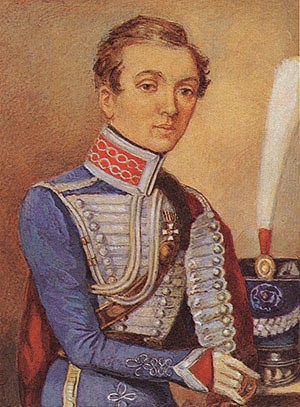It was I who proposed Manatanmoreland's siteban at the discussion that actually achieved it. Collectively, we Wikipedians weren't good at all at managing this dispute. Not a single person comes out looking wise and good throughout all of this (myself included), so rather than apportion blame and try to label good guys and bad guys this post looks at some things we can learn from this so that the site runs more smoothly in the future.
1. Communicate Wikipedia site standards proactively
Most of the world doesn't understand how Wikipedia really works, and most of the people who do understand how it works are publishing their understanding on Wikipedia in userspace essays and the like, where even the most brilliant essay reaches an audience of seasoned Wikipedians. The average person out there in the general public doesn't know how to find that wisdom and doesn't know which Wikipedian is knowledgeable and trustworthy. So they turn to the same sources Wikipedians refer to in content discussions as reliable sources, and that isn't all that effective a plan because the magazine stories and editorials are mostly getting written by journalists who have a flawed understanding and make a few honest mistakes, or by disgruntled people who can't publish on Wikipedia anymore. Misunderstandings are inevitable as long as that status quo continues.
2. Establish a clear path back to good standing for indefinitely blocked and banned editors.
Wikipedia has a blocking policy and a banning policy, but no corresponding unblocking/unbanning policy. Yes, we assume good faith and often give second chances, but on an ad hoc basis that's opaque to anyone who doesn't have long experience with the site. One of the things that would cut down on drama and sockpuppetry is if we articulated a clear path back to good standing for the average banned or indefinitely blocked editor. It would be good for the site if we worked out consensus standards to address the usual situations, so that people who get shown the door know the honest ways back in and so that our own decisions about bringing people back become more consistent and equitable.
3. Craft remedies within the realistic limits of volunteer resources
Sometimes the mantra remedies are preventative, not punitive has to weigh broader implications than the particular case at hand. For example, most experienced editors are capable of creating vote stacking sockpuppets. The reason they don't is because, historically, this site has taken vote stacking very seriously and treats deliberate vote stacking as grounds for a siteban: as long as one's entire reputation is at stake, few consider it worth the risk. And that's a good thing because a crafty sockpuppeteer is hard to catch and consumes a lot of volunteer labor. We don't have the resources to track them down in droves if that problem ever gets out of hand, which is why a short two week block would have been exactly the wrong message to send to the community when someone who has already vote stacked a request for administratorship and the arbitration committee elections gets gets definitively caught sockpuppeteering yet again. The editor community must not perceive a two week block as the worst case scenario for vote stacking, because to some people that will look like a worthwhile risk. Nothing less than the integrity of the site is at stake. In a conversation yesterday someone supposed that amounts to coming down particularly hard on high profile cases. Not at all: we should be sitebanning all vote stacking sockpuppeteers unless they have an exceedingly good reason why a lone instance was accidental and will never happen again.
4. Establish fair parameters for conducting community sanctions discussions.
There are several ways we can improve this, but for now I'll repeat the points I raised with the administrator who closed the Mantanmoreland ban discussion:
- When an editor needs to be shown the door, they leave with less discontent if they know they've had a voice in the process.
- When an editor abuses the opportunity of defending themselves, their own bad behavior is easy to block/revert/delete and the example makes the community's decision simpler.
- Sometimes consensus does change as new information comes to light.
- Since political animals exploit any exploitable precedent, giving a fair term for rebuttal in every case makes it harder for wikipoliticians to railroad a good editor off the site.
----
As a final observation, one of the more salient concerns raised by critics of Wikipedia in relation to this dispute is the tension between the Wikimedia Foundation's privacy policy and Wikipedia's conflict of interest guideline. Supporters of Byrne and Bagley argue that they got penalized for disclosing their conflict of interest, while--if one believes the allegations that Mantanmoreland was operated by Gary Weiss--there was a tangible benefit to not disclosing a conflict of interest. To set the dilemma in generalized terms, my answer is simple: people who exploit the privacy policy in order to circumvent the conflict of interest guideline do so at their own risk. Wikipedia's transparency is astonishing and nearly unprecedented: most of what happens here is public information available to anyone on the planet who has an Internet connection, and people who come there with an actual conflict of interest should bear in mind that deception can play out much worse than candor in the long run.




















